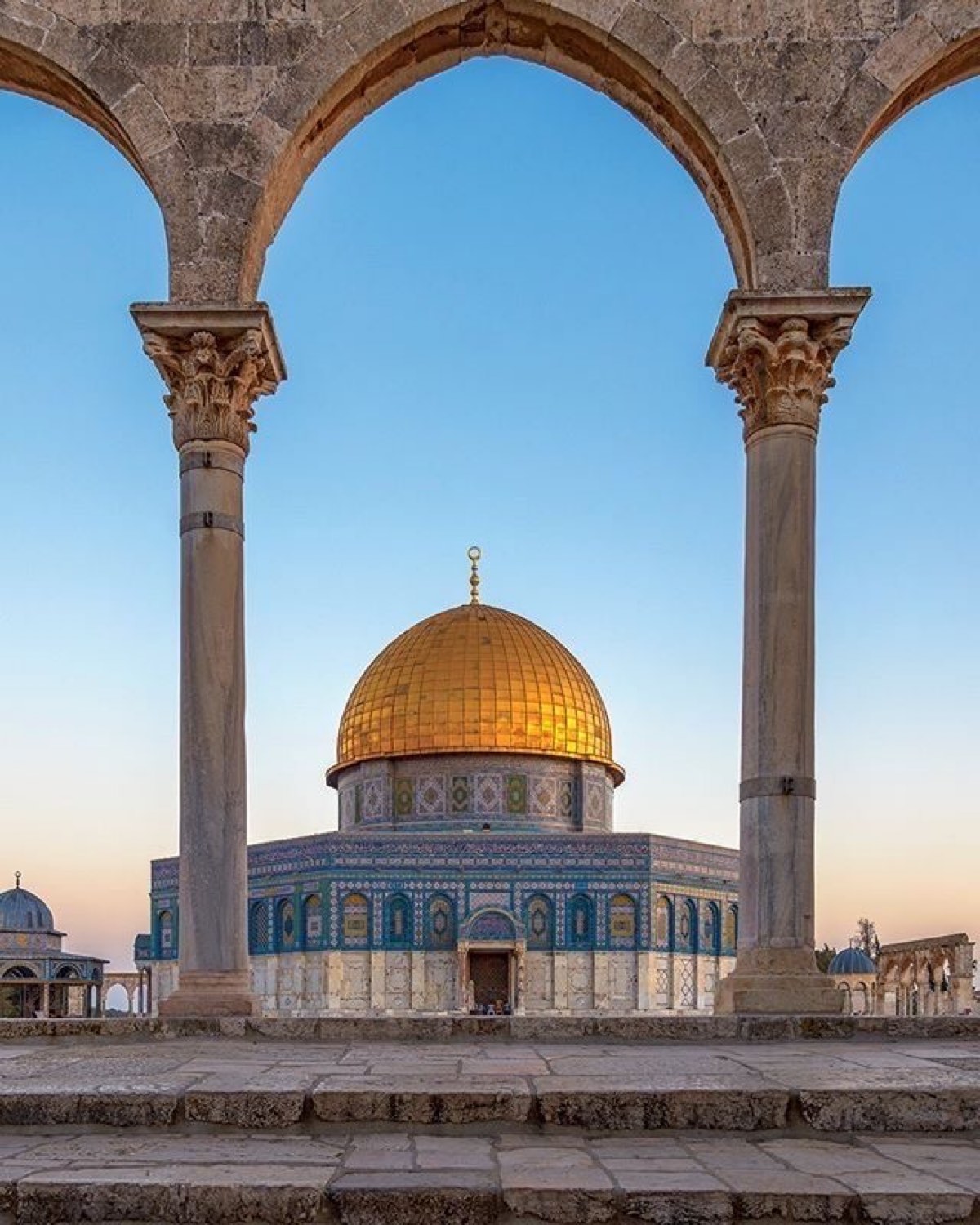Ishmael, the son dedicated to God, and Isaac, the son of blessing for Abraham and Sarah
It is thought that Abraham abandoned Hagar and the baby Ishmael close to the Kaaba (House of God) to devote them to God as if they were His. Consequently, Muslims celebrate Eid al-Adha and Sa’i, which honors Hagar's search for water for her child. This happened well before Isaac's birth. How is their argument explained?
The Islamic narrative of Abraham, Hagar, and Ishmael differs significantly from the Biblical account and forms an important part of Islamic tradition and ritual. Here’s an explanation of the argument:
1. Abraham’s Journey to Mecca
According to Islamic tradition, Abraham was commanded by God to take Hagar and their infant son Ishmael to Mecca. This journey was not seen as abandonment, but rather as fulfilling a divine command. Abraham left them near the location of what would later become the Kaaba, entrusting them to God’s care.
2. Hagar’s Faith and the Zamzam Well
After Abraham’s departure, Hagar demonstrated remarkable faith. When their water supply was exhausted, she ran between the hills of Al-Safa and Al-Marwah seven times, desperately searching for water for her thirsty child. This act of faith resulted in the miraculous appearance of the Zamzam well, a spring of water that gushed forth near Ishmael.
3. Significance in Islamic Ritual
This event is commemorated in the Islamic pilgrimage (Hajj) through the ritual of Sa’i, where pilgrims run or walk between the hills of Al-Safa and Al-Marwah seven times, reenacting Hagar’s search for water.
4. The Kaaba and Mecca
Islamic tradition holds that Abraham later returned to Mecca multiple times. During one of these visits, he and Ishmael constructed the Kaaba as the first house of worship dedicated to the one true God. This established Mecca as a sacred site in Islam.
5. Eid al-Adha
Eid al-Adha commemorates Abraham’s willingness to sacrifice his son (identified as Ishmael in Islamic tradition) at God’s command. This event is believed to have occurred near Mecca, further cementing the area’s religious significance.
6. Timing in Relation to Isaac
In the Islamic narrative, these events occurred before Isaac’s birth. Ishmael is considered the elder son and the one whom Abraham was commanded to sacrifice.
7. God’s Blessing of Isaac
Following the near sacrifice of Ishmael, God blessed Sarah and Abraham with a son named Isaac, fulfilling His promise to them and establishing Isaac as another patriarch in the Abrahamic faiths.

